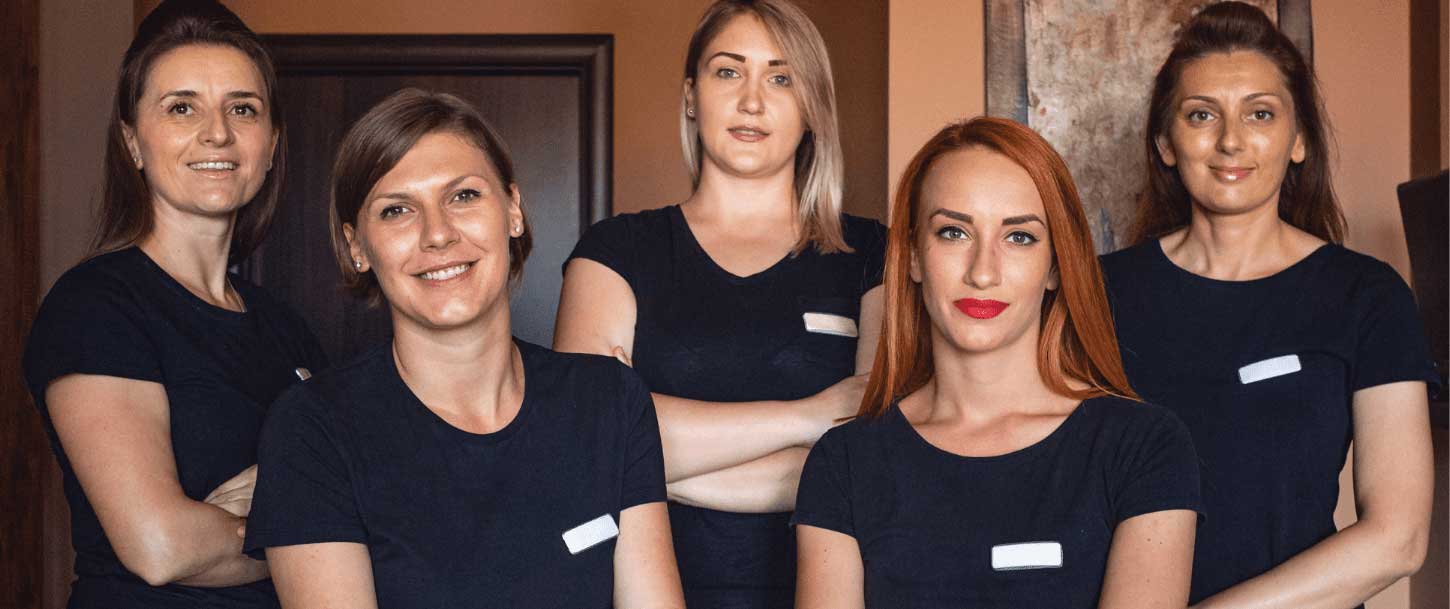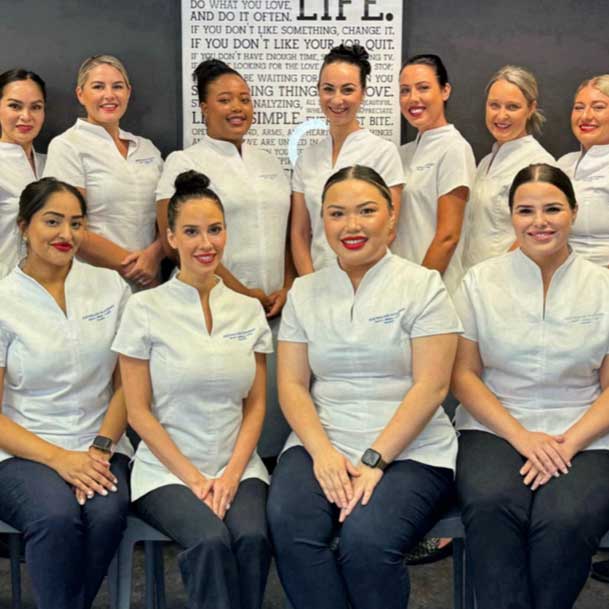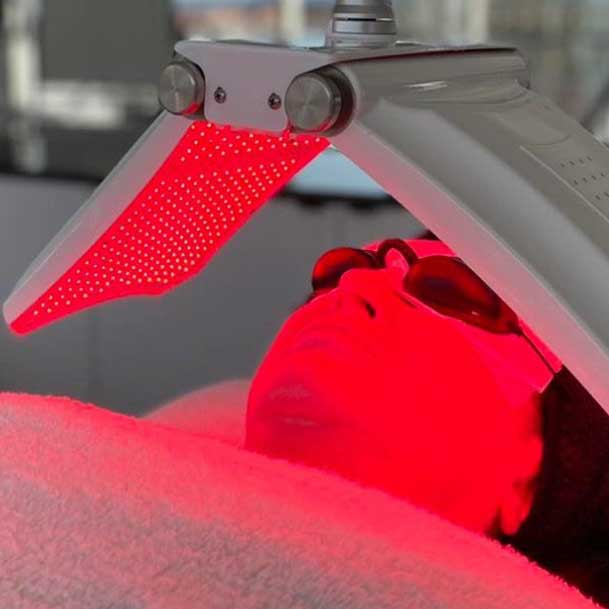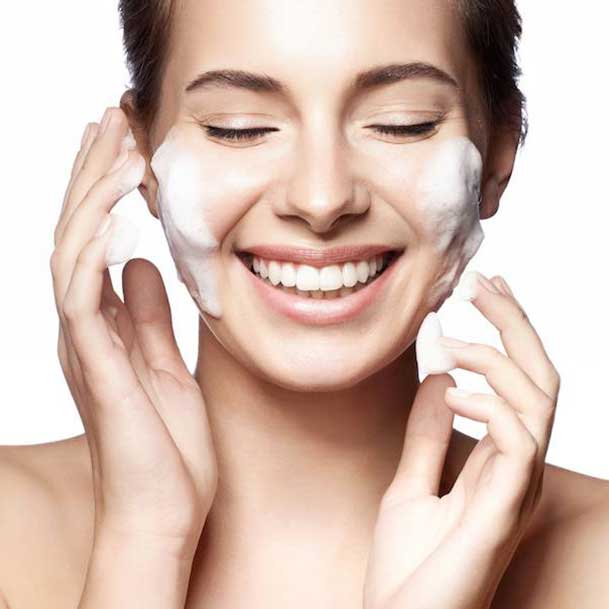The beauty industry is a dynamic and evolving field, offering a variety of career paths for those passionate about skin care, makeup, and wellness. Understanding the distinctions between a beautician, beauty therapist, and dermal therapist is crucial for anyone looking to make an informed decision about their career in this sector. At the Australian Academy of Beauty, Dermal & Laser (AABT), we pride ourselves on offering comprehensive training in these areas. This blog aims to clarify these roles, helping you choose the path that best suits your aspirations.
Beauty Therapy vs Dermal Therapy
Beauty therapy and dermal therapy, while overlapping in some areas, mainly differ in the scope and depth of treatment provided. Beauty therapy, especially at the diploma level, includes advanced facials, LED or oxygen infusions, along with body treatments like massages, body wraps, and scrubs. Dermal therapy, however, delves deeper into the science of skin care, offering treatments like skin needling and chemical peeling, which require a higher level of training and expertise.
Beautician vs Beauty Therapist vs Dermal Therapist
When navigating the world of beauty careers, understanding the distinctions between a beautician, beauty therapist, and dermal therapist is key.
Beautician
At the entry-level, beauticians, who typically hold a Certificate III, are skilled in providing a range of general beauty services. Their expertise includes makeup application, nail care, lash and brow treatments, waxing, and spray tanning. This role is ideal for those who enjoy enhancing beauty through various aesthetic treatments.
Beauty Therapist
Moving a step further, beauty therapists, with a Certificate IV, encompass all the skills of a beautician and more. They offer additional services like facial treatments, massages, and body care, including wraps and scrubs. This role suits those who wish to provide a more holistic beauty experience, focusing on both the aesthetic and relaxation aspects of beauty care.
Diploma-Level Beauty Therapist
For those aspiring to specialise further, diploma-level beauty therapists can perform not only the tasks of a beauty therapist but also advanced facial treatments. This includes the use of modern technologies like LED light therapy and oxygen infusions, catering to more specific and advanced skin care needs.
Dermal Therapist
At the top of the specialisation ladder, dermal therapists hold at least an advanced diploma and are experts in specialised skin treatments. They are equipped to perform procedures like laser treatments, skin peels, and micro-needling. This role is ideal for those passionate about the science of skin care and looking to address more complex skin concerns with advanced techniques.
Each of these roles plays a vital part in the beauty industry, catering to various client needs and preferences. Understanding these differences is crucial for anyone looking to pursue a career in this diverse and dynamic field.
The AABT Approach to Beauty and Dermal Education
At AABT, we understand the importance of comprehensive training in both beauty and dermal therapies. Our courses are designed to equip you with the skills needed in the beauty industry, whether you aspire to be a skilled beautician, a well-rounded beauty therapist, or a specialised dermal therapist. Our SHB50121 Diploma of Beauty Therapy and Dual Diploma of Beauty Therapy & Salon Management are tailored for those looking to either join the workforce or manage their beauty services business.
Our training focuses not just on the practical skills, like hair removal, makeup application, and skin treatment, but also on the theoretical knowledge essential for a successful career in this industry. From understanding the fundamentals of dermal science to mastering the art of facial massages and body treatments, our curriculum is designed to provide a holistic education.
Why Choose AABT?
- Expertise: Our trainers are seasoned professionals with extensive experience in the beauty industry.
- Comprehensive Training: We offer a wide range of courses covering all aspects of beauty and dermal therapy.
- Career Opportunities: Our courses are designed to open up various career paths in the beauty industry.
Start Your Beauty Career Today!
Are you passionate about pursuing a career in beauty or dermal therapy? Do you envision yourself transforming lives through your expertise in skin care and beauty treatments? Enrol in our Diploma of Beauty Therapy or our Dual Diploma of Beauty Therapy & Salon Management at AABT. Join us and embark on a journey to become a skilled professional in the thriving beauty industry. Visit our website to learn more and enrol today.
For more insights into the roles and responsibilities of a beauty therapist, check out our blog titled “What is a beauty therapist” and discover the exciting opportunities that await you in this field.
FAQs
What is the Difference Between a Beautician and a Dermal Clinician?
Starting with the foundation, a beautician, typically holding a Certificate III, specialises in general beauty services. These include makeup application, nail services, lash and brow treatments, waxing, and spray tanning. On the other hand, a dermal clinician, with at least an advanced diploma in dermal science, focuses on more specialised skin treatments. This includes laser therapy, skin peels, and micro-needling, aimed at addressing specific skin concerns and enhancing skin health.
What is the Difference Between a Beautician and Beauty Therapist?
The primary difference lies in their training and the services they can offer. A beautician, with a Certificate III, offers services such as makeup application, manicures, and pedicures. A beauty therapist, holding a Certificate IV or a diploma, can perform all beautician services plus more complex treatments like facials, massages, and body treatments.
What is the Difference Between Dermal Therapist and Beauty Therapist?
A dermal therapist possesses advanced knowledge in dermal science, enabling them to perform specialised skin treatments. They are trained to assess skin conditions and recommend appropriate treatments like light therapy and chemical peels. A beauty therapist, while also skilled in skin care, focuses more on general skin treatments, body treatments, and relaxation services, including facial massage and skin care advice.
 Australian Academy of Beauty Dermal and Laser RTO 90094
Australian Academy of Beauty Dermal and Laser RTO 90094



